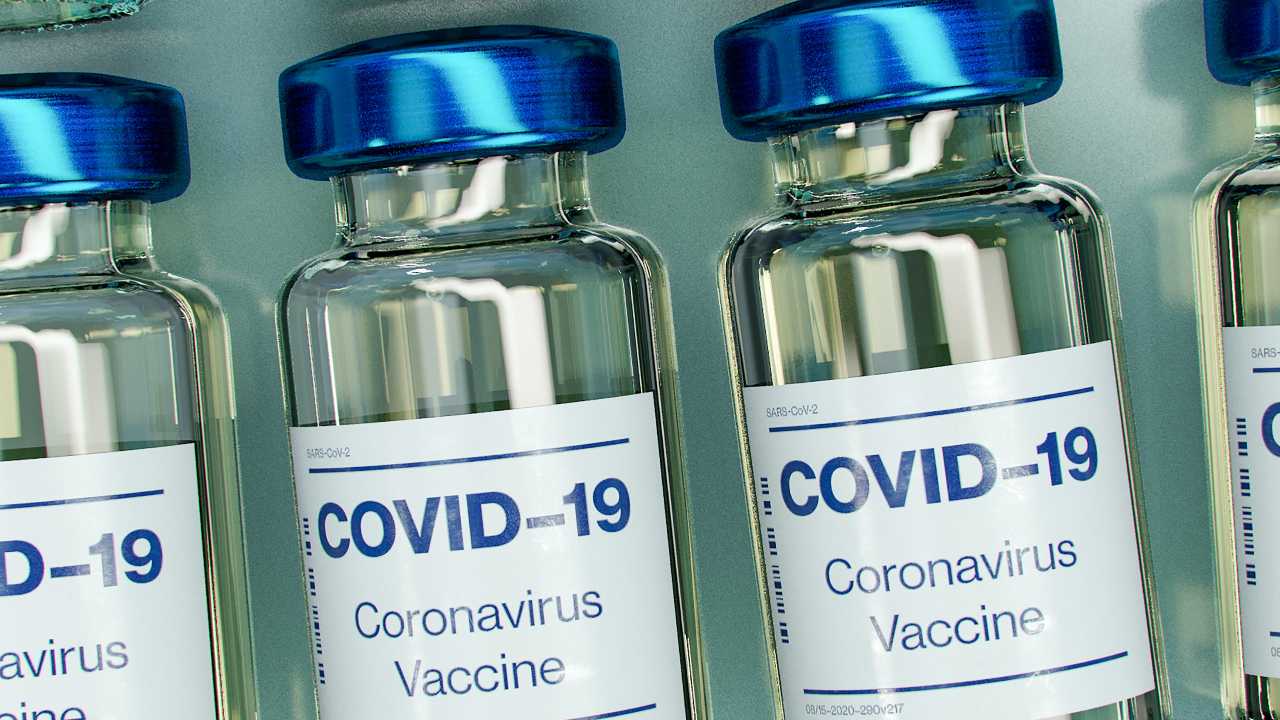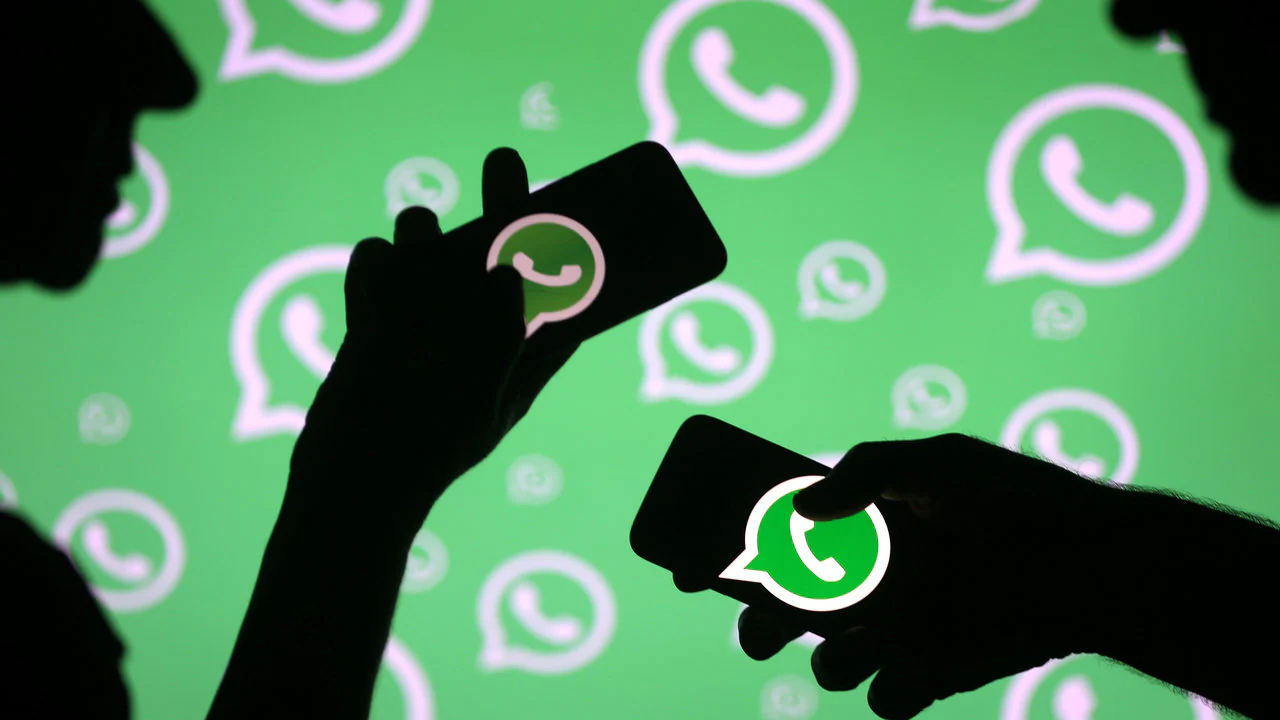There have been no reports of cases in India, authorities are still looking into claims as many countries have either stopped or limited the use of the vaccine.
India is reviewing the COVID-19 vaccines currently in use in the country, after global reports of the vaccines causing adverse reactions in people surfaced. A panel of experts has been roped in to investigate if there are any such cases in India. In a few cases, the vaccines are causing blood clots also known as vaccine-induced prothrombotic immune thrombocytopenia (VIPIT). The European Medicines Agency’s (EMA) safety committee found that these rare types of blood clots occurred in ‘unusual’ sites like in the veins in the brain, abdomen and in the arteries, together with a drop in blood platelet count and even bleeding.
vaccines currently in use in the country, after global reports of the vaccines causing adverse reactions in people surfaced. A panel of experts has been roped in to investigate if there are any such cases in India. In a few cases, the vaccines are causing blood clots also known as vaccine-induced prothrombotic immune thrombocytopenia (VIPIT). The European Medicines Agency’s (EMA) safety committee found that these rare types of blood clots occurred in ‘unusual’ sites like in the veins in the brain, abdomen and in the arteries, together with a drop in blood platelet count and even bleeding.
Developing a blood clot can be fatal, but many health experts say the benefits of taking the vaccine far outweigh the risks. The number of detected cases of vaccine-induced blood clots is also minuscule when compared to the number of people that have been vaccinated.
Blood clots and fatalities
Cases of blood clots are being reported after people have taken the AstraZeneca vaccine, which is being produced in India by the Serum Institute of India under the name Covishield. India has another vaccine it is using that has been developed by Bharat Biotech in collaboration with India’s top health authority ICMR and NIV-Pune, which goes by the name of Covaxin. Recently, India authorised its third vaccine candidate – Russia’s Sputnik V – that has joined hands with Dr Reddy’s to conduct trials in the country and also help in the distribution of the vaccine.

A vial of the AstraZeneca COVID-19 vaccine doses that many nations have secured through a deal with the Serum Institute of India in partnership with Verity Pharma, Wednesday, 3 March 2021, at a facility in Milton, Ontario. Image credit: Carlos Osorio/Pool Photo via AP
vaccine doses that many nations have secured through a deal with the Serum Institute of India in partnership with Verity Pharma, Wednesday, 3 March 2021, at a facility in Milton, Ontario. Image credit: Carlos Osorio/Pool Photo via AP
An official told AFP that India’s National Committee for Adverse Event Following Immunization (AEFI) is conducting a review that will look into the post-vaccination side effects from the AstraZeneca vaccine, even though the country has not reported any cases of blood clots. However, many countries such as Denmark, Ireland, Thailand, the Netherlands, Norway, Iceland, Congo, Bulgaria, Canada, Britain, Germany, France, Italy, Spain, South Korea, etc, who have been using the vaccine, have either completely stopped using it or have limited it to people who are 50 years of age or older. Indian authorities will also look into the vaccine to see if they may have missed an adverse event.
“We are looking at all the adverse events, particularly serious adverse events like deaths and hospitalisation,” said N.K. Arora, a member of India’s national task force on COVID-19 .
.
He said any reports of adverse events are also being examined to check for issues of blood clots.
Dr Srinath Reddy, President of the Public Health Foundation of India, said, “Indian regulators must now provide data on any similar adverse events noted in India.”
A source told The Indian Express that “In the preliminary review, instances of thrombocytopenia were found in some people,” but these were “very few in the serious and severe AEFI cases reviewed earlier.”
The source added, “Causal linkage (of these thrombocytopenia cases) with the vaccine is being worked out…Everything is being done in a strictly scientific manner.”
Arora said once the investigation is complete, the results will be uploaded on India’s ministry of health website.
Gagandeep Kang, Professor at the Christian Medical College, Vellore, said “There are bound to be a few or several cases of people who have had blood clots after getting a jab. That is to be expected. What we need to know is whether these blood clots were accompanied by a low platelet count.”
She also added that with the estimation that the EMA gave, India should’ve had 320 cases for the 80 million doses that have already been given. Kang says this is a “very small risk” for the vaccine and there is no need for apprehension.

The Johnson & Johnson COVID-19 vaccine is seen at a pop up vaccination site inside the Albanian Islamic Cultural Center, Thursday, April 8, 2021, in the Staten Island borough of New York. Image credit: AP Photo/Mary Altaffer
vaccine is seen at a pop up vaccination site inside the Albanian Islamic Cultural Center, Thursday, April 8, 2021, in the Staten Island borough of New York. Image credit: AP Photo/Mary Altaffer
Recent news reports state that even Johnson and Johnson’s COVID-19 vaccine is causing blood clots. The US, South Africa and European Union have paused the use of the vaccines, as six cases were detected in the US. All six were detected in women aged between 18 and 48 and symptoms appearing six to 13 days after vaccination. The US FDA has said that one patient died from blood clotting complications, and another is in a critical condition.
vaccine is causing blood clots. The US, South Africa and European Union have paused the use of the vaccines, as six cases were detected in the US. All six were detected in women aged between 18 and 48 and symptoms appearing six to 13 days after vaccination. The US FDA has said that one patient died from blood clotting complications, and another is in a critical condition.
What are the companies saying?
AstraZeneca, in its statement, said there were only 37 cases of thrombocytopenia out of more than 17 million people vaccinated in the EU and the UK. It said that this number is lower than the naturally occurring cases of this sickness and that there is no evidence that its vaccine causes an increased risk of blood clots, deep vein thrombosis in any age group, gender, or population.
Johnson & Johnson issued a statement saying it shared “all adverse event reports” with the health authorities. However, it added that there is no “clear causal relationship” between the blood clot and the vaccine.
Fast-tracking approvals
With no certainty that the vaccine is not the cause of these adverse events, India’s health ministry announced yesterday that it will be fast-tracking foreign vaccines that have obtained approvals in other countries.
Usually, a bridging trial is conducted in India, where the vaccine has to prove that it is safe for use for Indian citizens. However, with this new rule, the vaccine will receive the emergency use approvals first and trials will be conducted after.
Should India accept future vaccines – which have received approvals in their respective countries of origin – without conducting its own tests, despite witnessing current vaccines (which have gone through extensive clinical trials and approvals) cause adverse side effects? The answer to that may lie in the findings of India’s investigation.










